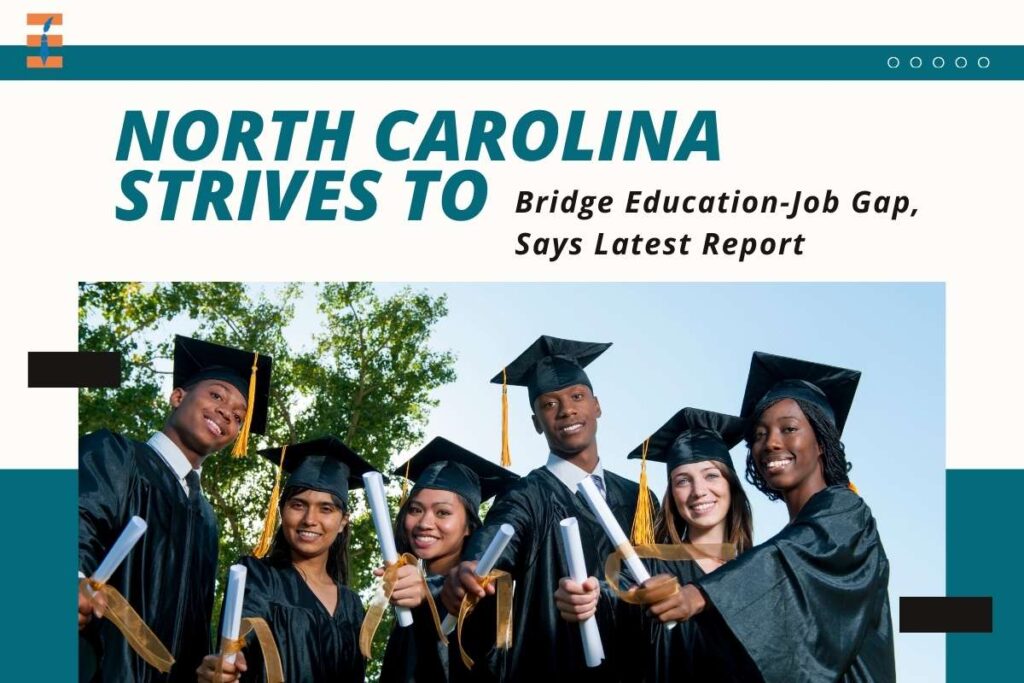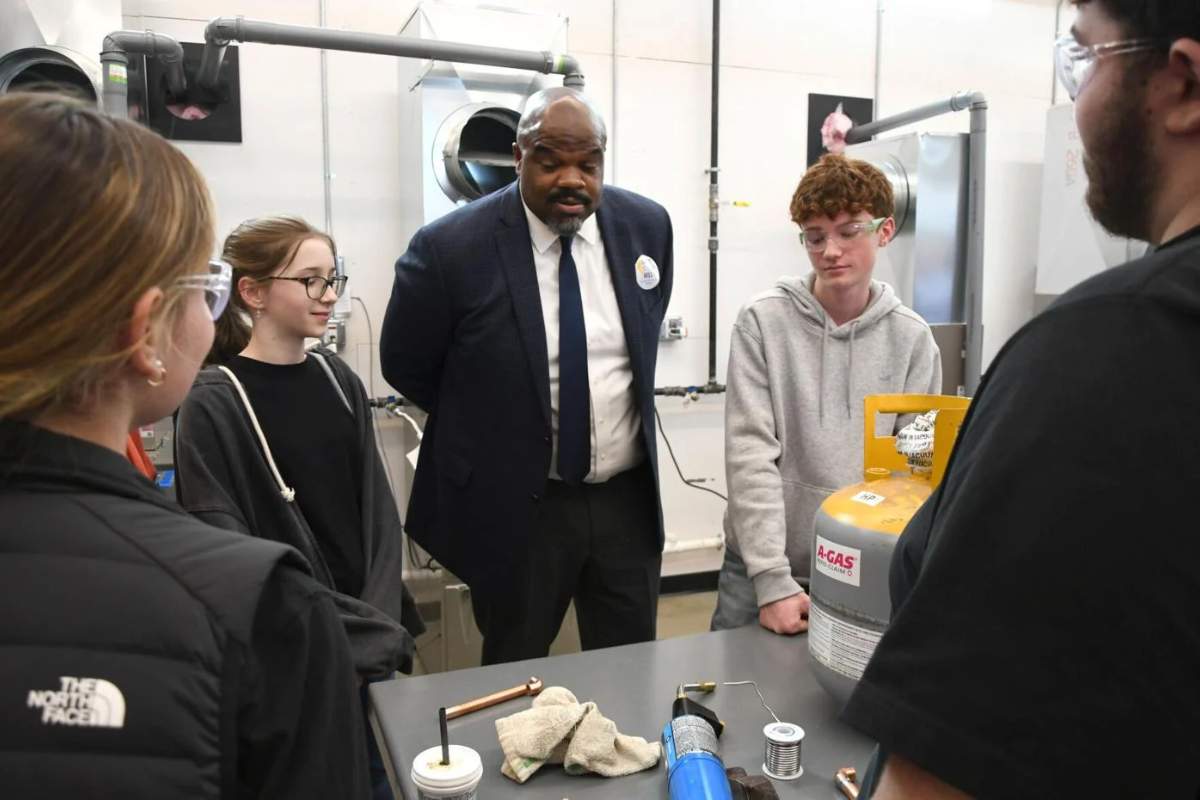A recent report by myFutureNC sheds light on North Carolina’s urgent need for more individuals with degrees or certificates to match the growing demand for skilled labor. Despite improvements, the state faces challenges in aligning educational attainment with workforce requirements.
According to myFutureNC’s State of Educational Attainment report, North Carolina’s workforce falls short of meeting the demand for credentials compared to available job opportunities. The gap between job requirements and educational achievements is expected to widen further, posing a significant challenge to the state’s economic growth.
Cecelia Holden, President and CEO of myFutureNC, emphasized the need for urgent action to address this disparity. She highlighted the alarming statistic that only a fraction of high school graduates attain the necessary qualifications for two-thirds of available jobs in the state.
myFutureNC’s Mission to Close the Credential Gap
Holden’s organization, a non-profit dedicated to workforce development through education, stresses the importance of equipping individuals with credentials essential for securing employment opportunities. In collaboration with education and business leaders, myFutureNC aims to bridge this gap by providing training and support to individuals lacking credentials.
The report emphasizes the importance of aligning educational programs with the needs of the job market, particularly in high-demand sectors such as healthcare. By focusing on credentials that lead to “family-sustaining” wages, myFutureNC aims to uplift individuals and communities across the state.
To achieve its goals, myFutureNC has outlined three key policy recommendations. Firstly, state lawmakers are urged to provide emergency assistance to students facing obstacles in completing their college degrees. Secondly, financial aid should be made available to lower-income students pursuing credentials, including certificates that do not contribute to a degree. Lastly, funding is needed to facilitate collaboration among stakeholders to enhance educational attainment statewide.
North Carolina’s Educational Progress and Future Initiatives
Despite the challenges, North Carolina has made strides toward its goal of two million residents obtaining credentials by 2030. The report highlights a 2% increase in enrollment among individuals aged 25 and above in community colleges during the 2022-23 academic year. While progress is evident, sustained efforts and investments are essential to stay on track toward achieving the state’s educational targets.
In addition to immediate policy recommendations, myFutureNC emphasizes the importance of early interventions to improve educational outcomes. The report advocates for expanded pre-kindergarten programs, enhanced reading initiatives, and comprehensive career development plans for middle and high school students. By addressing these foundational aspects, North Carolina aims to increase high school graduation rates and prepare students for success in the workforce.
As North Carolina continues its efforts to bridge the education job gap, collaboration between policymakers, educators, and businesses remains crucial. By prioritizing educational attainment and aligning it with workforce needs, the state can unlock its full potential for economic growth and prosperity.










